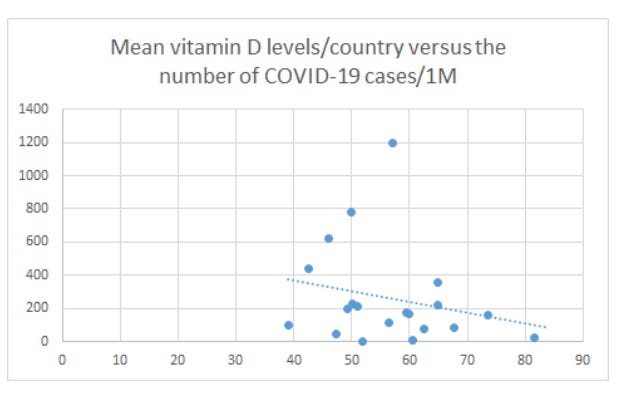Can Science Guide Us Through COVID-19?
The scientific method is under no obligation to operate on a timescale that is useful to people. The CDC is.
The scientific method has a well-deserved reputation for making possible the health, safety, and wellness that we have come to expect in the modern world. This has led to a standard of living that would be unimaginable to previous generations. The primary tools of scientific medical research - careful experimental design, randomized control trials, peer review - have been instrumental in this development. From modern medicine to modern conveniences, we owe much of it to the scientific method. Today, we’re faced with a great challenge - a pandemic spreading throughout the world. Can the scientific method guide us through it?
It's a principle of the scientific method to produce increasingly accurate and precise knowledge, but not necessarily to do it on a time scale that is convenient. If it takes 100 years to generate enough scientific evidence to produce a theory that achieves general acceptance, so be it. Science moves slowly, and good science even more slowly.
But that's not going to help us right now; we shouldn’t wait years to act. What we need is not complete scientific rigor but rather "the best we can do quickly.” Each day, 100,000 new cases of COVID spread in the US, and that number is going to rise. We can't wait for the final answer. Too much precaution could cause many more deaths. We'll have to make decisions before we have all the evidence in.
What outside of the scientific method could we be using? Should we ask our favorite deities what types of masks to wear? Hmmm… I don’t think that’s the best option. We have experts who have dealt with similar viruses in the past, and we can learn a lot from their intuitions about how to deal with this situation. This is the classic appeal to authority - a common logical fallacy. It’s a fallacy because authorities are not the ultimate arbiters of truth - only data is. Just because someone said it - whether they be rich, powerful, smart, wearing a lab coat, or all of the above - doesn't make it true. However, the intuition of experts extrapolating from their past experience and the limited data we have might be the best we can hope for at the moment. Fortunately, we know quite a lot from previous SARS cases and already have preliminary data on many aspects of COVID-19.
Recent evidence from Indonesia and the Philippines strongly suggests that vitamin D reduces the severity of COVID. We've also seen country-level studies of vitamin D and COVID (here and here - see figure below) that are consistent with this claim. Anyone reading these studies could quite reasonably argue that they aren't conclusive. I agree - there are a lot of confounding variables that these studies aren't able to control. But we need to make a decision - today - about what to do to reduce our risks.
I'm sure every expert would like more time to carefully design and conduct studies, but we don't have that time. At some point, we'll have a meta-analysis on whether vitamin D truly reduces incidences of severe reaction to COVID. I'm sure it'll be a good read - I look forward to seeing it in five years. But until then, we need to focus on being useful, even if it comes at the risk of not being 100% scientific or accurate. The CDC shouldn’t be asking whether they can reject the null hypothesis, but instead, What does the balance of evidence suggest, and how costly might a mistake in each direction be? What’s the downside risk of telling people to get more vitamin D? There’s not a lot. They can caveat that this might not end up being a big effect. So, for me, you'll find me eating plenty of salmon and spending time outdoors.
Weak evidence indicating that vitamin D can reduce susceptibility to COVID-19
There are other recommendations that can be made as well. My guess is that exercise, maintaining a healthy weight, and eating fruits and vegetables will lower our risk factors for severe complications from COVID-19. I haven’t read studies proving any of this, but I think it’s very likely to be true. Why wait to provide this guidance? Even without having read any of these studies, what possible downside can there be to recommending these behaviors? The people at the CDC have far more knowledge and information, and could make these recommendations today, without any harm and possible significant benefit. Just because something has no scientific validity doesn't mean it doesn't have any practical use.
To be clear I'm not suggesting we stop the scientific process in this pandemic. We should continue to conduct randomized control trials of vaccines and other measures. But there isn't sufficient time for the laborious processes of the scientific method to determine the optimal course of action. We need to know how to protect people given limited resources. We won’t have enough vaccines right away, so we should weigh the tradeoffs for delaying booster shots. We need to know what to do in a nonideal world.
Throughout this pandemic, public institutions will be faced with life-or-death decisions. They should not wait for scientific certainty to settle the matter. They should act boldly and decisively. Every day that a vaccine is delayed could cost thousands of lives.
The scientific process is under no obligation to operate on a timescale that is useful to people. The CDC is.




